Have you ever Googled your symptoms? Your search probably told you that you had some terrible disease and left you worried about your health and future.
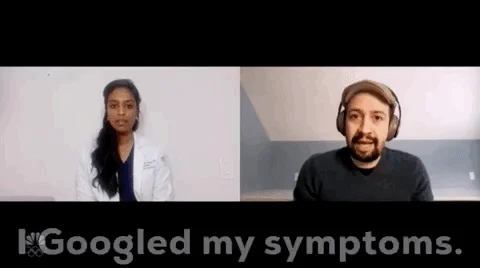
Looking for diagnoses on websites like WebMD rarely yields useful results, so how can we expect that healthcare can use AI with reliable and relevant outcomes?
While it's true that search engines and technology hurt our healthcare system in the past, the age of AI for healthcare is developing many useful products and use cases that medical professionals already employ in their practices. 🤖
1. Healthcare Assistants
Doctors have to take pages of notes when visiting with patients. They capture health conditions and outcomes over long periods of time. These records make sure that medical professionals make future diagnoses based on a patient's history.
After all, everyone's body is different. Accurate note-taking helps doctors review past appointments to see if they missed anything.
Unfortunately, doctors find it incredibly difficult to take accurate notes for a variety of reasons:
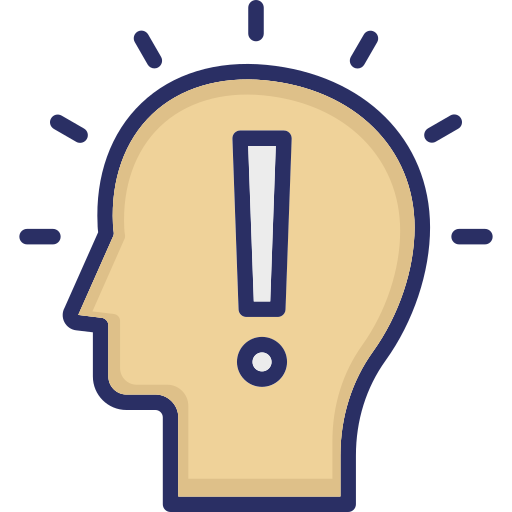
Doctors find it difficult to pay attention to their patients when they're typing. Some doctors wonder how accurate their notes are.
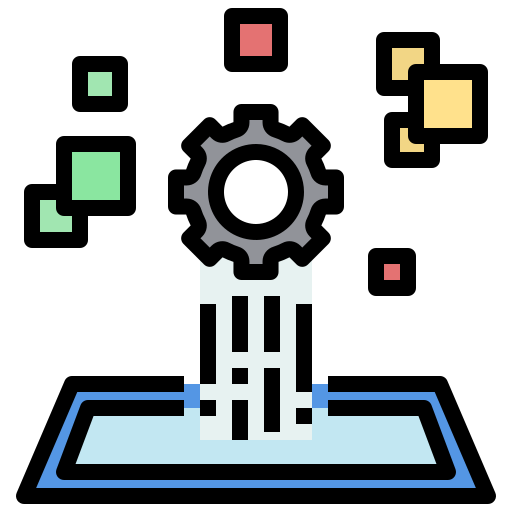
Doctors find they lack the technical skills to keep up with new record-keeping software. Some also have trouble with typing speed.
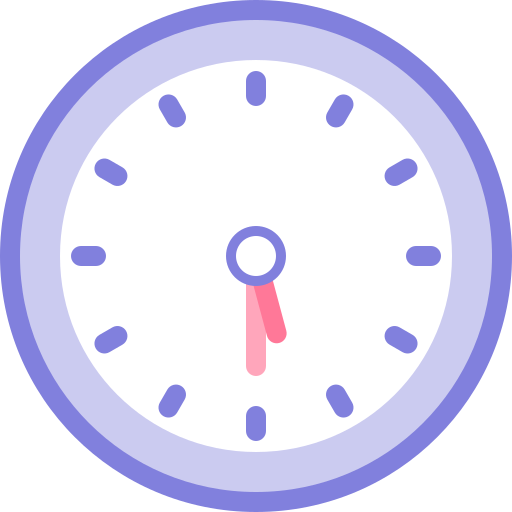
Doctors find that time is limited in appointments. If they spend too much time writing notes, they may not have time for critical diagnostic tests.
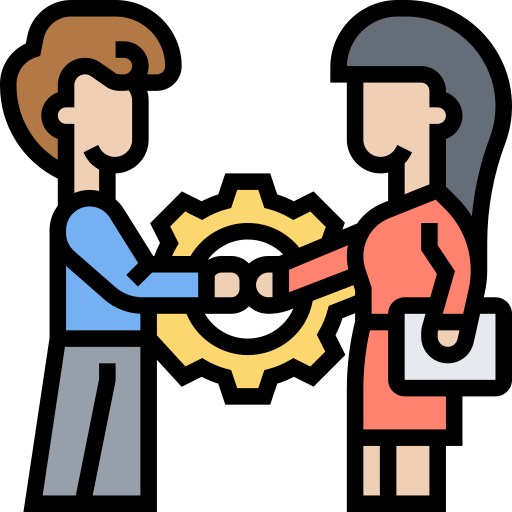
Doctors find that doctor-patient relationships suffer when their time is spent record-keeping rather than getting to know and understand patient needs.
AI Solutions
AI for healthcare now helps doctors with record-keeping before, during, and after appointments. Technology companies invented software and hardware to make sure it obeys privacy laws such as HIPPA in the United States. Some examples of such AI healthcare assistants include
Dragon Medical One by Nuance Healthcare uses speech-recognition and AI technology to integrate with EHR (Electronic Health Record) systems. A doctor runs the program on a device such as a laptop or tablet during the appointment. The program automatically fills out existing forms and summarizes the visit. 🐉
DeepScribe AI not only listens to appointments and transcribes conversations but also assists doctors by cross-referencing prior records. This makes sure medical professionals make the most informed decisions. ✍️
Merative AI by IBM summarizes patient records before a doctor meets with a client. This helps doctors prioritize information from past visits and helps them make the most informed decisions. ⚙️
2. Diagnosticians
LLM's or Large Language Models are very good at seeing patterns in large amounts of data. This helps AI be good at diagnosing medical conditions. The diagnostics segment of the medical industry requires professionals to look at complex and sometimes confusing groups of symptoms and then connect them to a single condition.
Diagnostics are incredibly important. It can take patients years to find the right doctor. Mistakes in the field often delay critical care.
In a recent study, researchers found that AI technologies diagnosed patients with complex medical issues with much greater accuracy than doctors. It seems that LLMs are far less likely to ignore or miss small but important details. This offers hope for patients who are searching for answers to their medical mysteries.
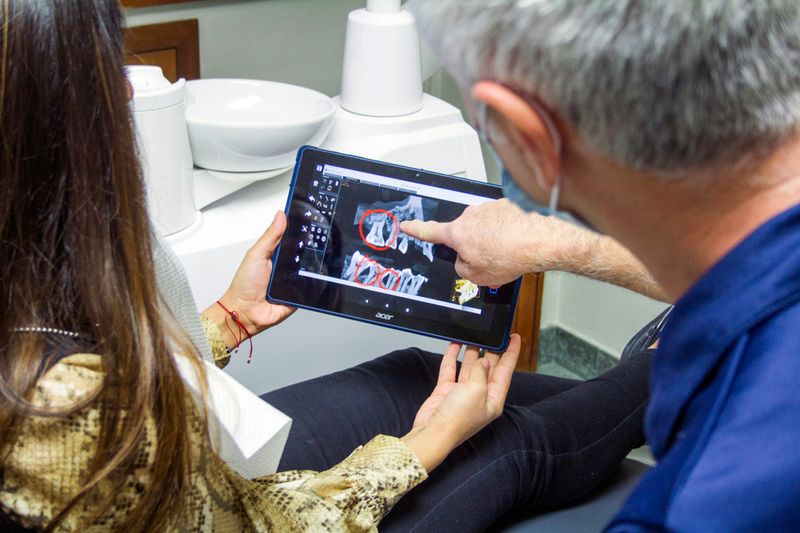 Photo by Quang Tri NGUYEN on Unsplash
Photo by Quang Tri NGUYEN on UnsplashWhile it doesn't seem that AI for healthcare will replace doctors, medical professionals are already using this technology to augment and improve their standard of care.
AI Solutions
K Health is an LLM that allows users to input their symptoms and receive potential diagnoses and treatment plans. The model cross-references patient data with an anonymized database which includes millions of medical cases. The model continuously improves over time as patients use its services and confirm or deny the veracity of its claims. 👩🏽⚕️
PathAI is currently used at many levels in the medical field, but it is most commonly utilized in analyzing images. It helps doctors to create pathology reports. Similar to K Health, PathAI cross-references medical images with databases to determine precise diagnoses and provide individualized treatment plans and teams. 🌳
Butterfly Network improves the speed and efficiency of diagnostics from ultrasounds. Rather than waiting for a doctor to analyze ultrasound reports, patients will receive prompt diagnoses from the AI. 🦋
Quiz
A patient is looking for help with a common medical problem. Who should they consult first?
3. Medical Researchers
Research has revolutionized healthcare in the last century. Healthcare breakthroughs lead to the use of antibiotics and other pharmaceuticals in everyday life which have significantly improved and prolonged the lives of many.
However, medical questions have become increasingly complicated as lifespans increase. Medical researchers have made large strides in the subjects of cancer and Alzheimer's, but they still have a long way to go.
AI Solutions
Did I mention that AI is good at noticing patterns in large sets of data?
Researchers are increasingly using AI for healthcare in their studies because they can notice these patterns in data quickly and with accuracy.
BenevolentAI has worked with Merk and AstraZenica in "end-to-end" drug development research programs. The AI engine sources information from 85+ different sources to give medical researchers an expansive picture of whatever problem it is they are researching. 😀
Alfafold (Google DeepMind) has significantly increased the speed by which pharmaceutical companies can safely develop medications. The AI can quickly and accurately predict a protein's 3-D structure from its amino acid sequence. This helps researchers preempt potential negative interactions and speeds the discovery of new molecules. This bot is particularly notable for its solution to a 50-year-old research problem regarding protein folding. 🅰️
BioXcel Therapeutics leverages existing approved drugs and clinically evaluated medications to find new uses for those medications and/or to develop new pharmaceuticals altogether. 🧬
Take Action
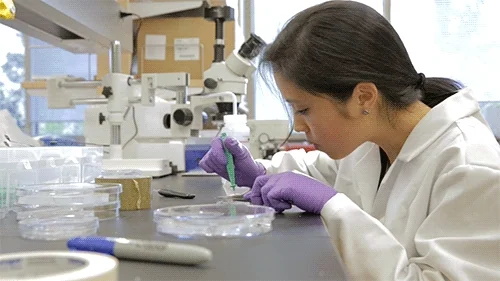
While AI for healthcare promises to revolutionize the medical field, this technology will never replace the relationship between doctors and patients.
This relationship is simply too important for medical success. This means that both doctors and patients have a responsibility to learn to use this new technology with ease and authority.
Here are some steps to help you continue your own research on the uses of AI for healthcare:
Your feedback matters to us.
This Byte helped me better understand the topic.

